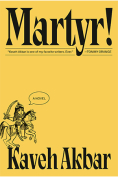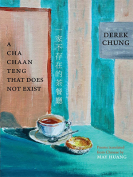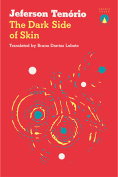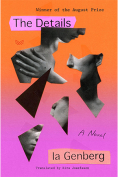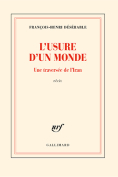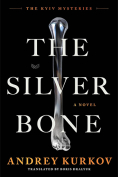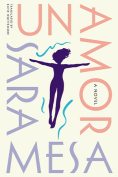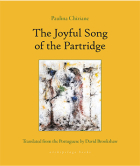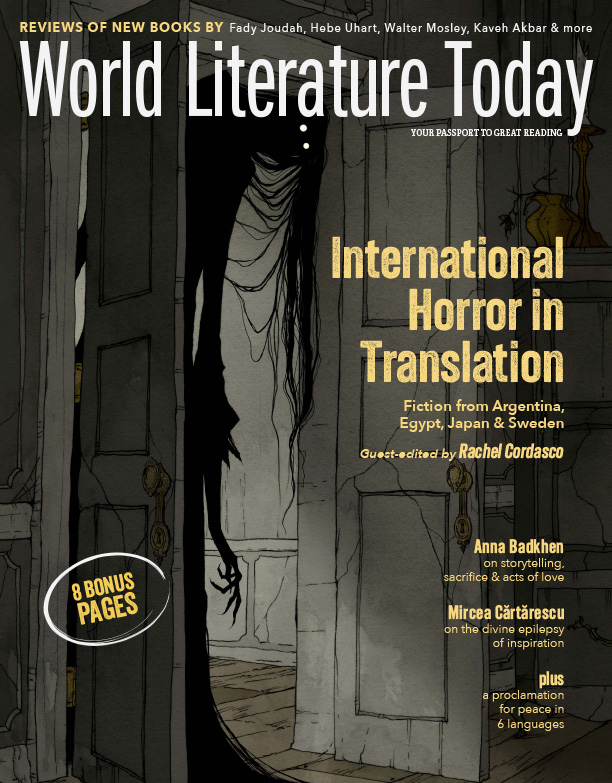Tremor by Teju Cole
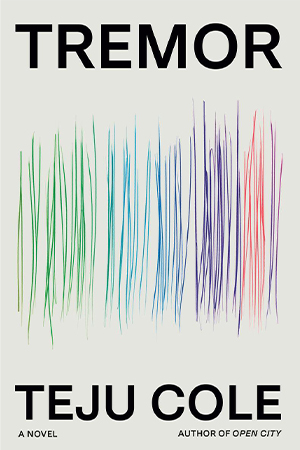 New York. Random House. 2023. 256 pages.
New York. Random House. 2023. 256 pages.
Tremor is the first novel in twelve years by Nigerian American author Teju Cole, following the widespread acclaim of Open City (2011; see WLT, July 2011, 59). Like W. G. Sebald and J. M. Coetzee, Cole depicts the migrant as ambler: Open City elevates the nocturnal wanderings of a Nigerian immigrant, Julius, to the level of a contemplative Odyssey in post-9/11 Manhattan. Similarly, Tremor is an artful portrait of perambulation, though the protagonist, Tunde, a Nigerian professor of photography at Harvard, is more biographical and more of an establishment insider than diasporic outsider (Cole is a professor of creative writing at Harvard).
Cole’s most compelling prose foregrounds Tunde’s characterization as a curious, introspective professor and artist for whom photography, astronomy, ancient history, and myriad other subjects are equally interesting. Repeatedly, the strange minutiae of Tunde’s consciousness and environment—the arrangement of kitchenware, the staggering number of people who have ever lived and died, snapshots of Lagos residents—take on almost mystical depth and charm. These collaged meditations sit alongside enthralling exercises in ekphrasis, as Tunde describes and analyzes scenes, objects, and canvases in a way so tantalizing that readers may frequently pause to look up images.
It is telling that Tunde’s excursions, which take him from Cambridge to Maine to Mali, are in daylight and are likely expensed. The novel’s depictions of upper-middle-class cultural mores (dinner parties, antique shopping) contain its most striking ideas but also its most cliché elements. There is a compelling gravity to the critiques-from-below of precarious protagonists who, like Dostoyevsky’s Raskolnikov, Coetzee’s Vercueil, or Aravind Adiga’s Balram, lend nuance to their underclass victimhood through keen insight. Arguably, it is less interesting when criticisms issue from someone with a graduate degree and a TIAA account who has delivered keynotes on multiple continents.
Tunde’s critiques become pedantic, turning the thoughtful observations of polymath flâneur into a tired cultural politics of resentment. Whether Cole intends for Tunde to typify the academic steeped in Fanon, Baldwin, and Coates, or whether Cole himself intends to unimaginatively recycle familiar postcolonial arguments, is unclear. There is no doubt that the violence and inequity—historical and contemporary—that Tunde diagnoses is believable in the novel and are a lived experience for the author. However, lack of invention enervates what is otherwise a relatable and at times mesmeric meditation on the unexpected depth—good and bad—to be found in the mundane.
Peter Krause
Hanover, New Hampshire

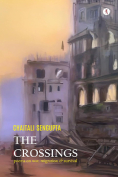
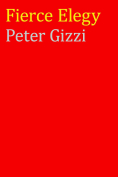
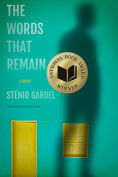
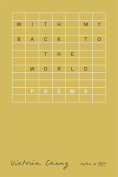

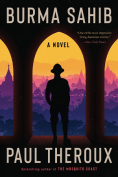

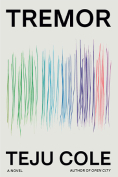
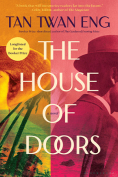
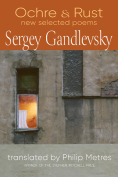
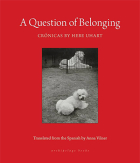
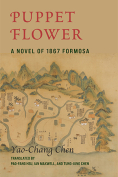
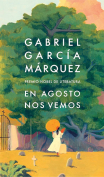
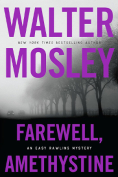
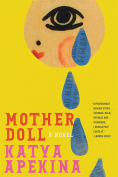
![The cover to [...] by Fady Joudah](/sites/worldliteraturetoday.org/files/styles/backissue_small/public/Joudah.jpg?itok=HZO1_68A)
